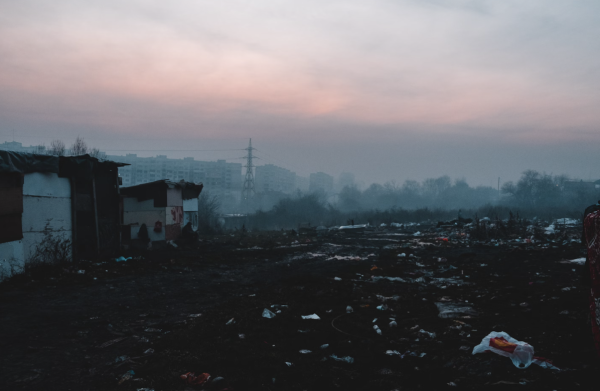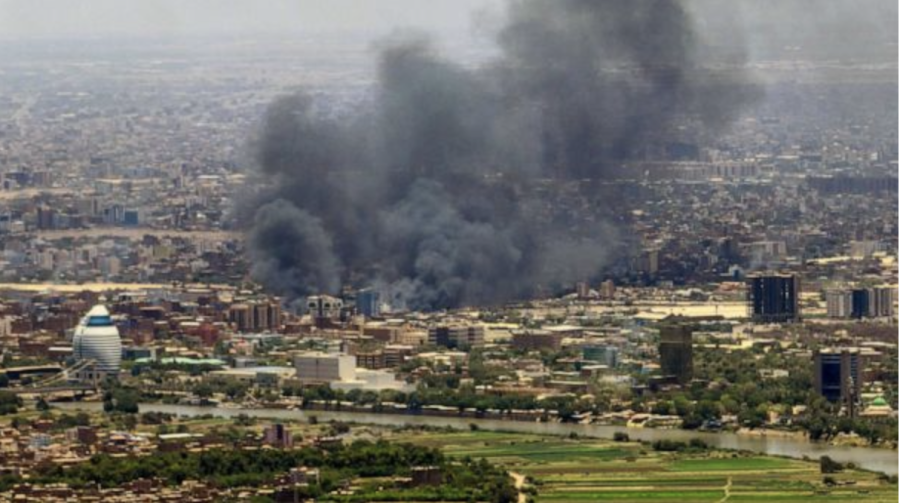
Niklas Liniger, Unsplash. An image of polluted air and piles of trash in one of the slums of Bulgaria
COP29, the 29th Conference of the Parties, was hosted in Baku, Azerbaijan this year from November 11th to the 22nd.
This UN climate change conference takes place annually, and is a significant forum that calls together representatives of different countries.
Ilham Aliyev, the President of the Republic of Azerbaijan, commented that “being elected by unanimous decision as the host country for COP29 is really a big honor,” as it was a “sign of respect from the international community to Azerbaijan and what we are doing, in particular, in the area of green energy.”
The key priorities of this year’s conference were to discuss a new goal on climate finance, how to decrease greenhouse gas emissions and ways to build resilient infrastructure.
One of the outcomes was the aim of collecting $300 billion each year by 2035—this money would be then used to incentivize and assist developing countries to cut down on emissions, as well as to address the impacts of climate change.
This goal is triple the amount of the previous target of $100 billion, which was set in 2009’s conference, and the increase in financial support to fight climate change has been met with approval.
However, some critics believe that while the new target is a step in the right direction, the money is still far from enough to help developing countries pursue more eco-friendly development and protect their citizens from natural disasters caused by climate change.
The participating countries also had difficulties with reaching a consensus on the issue of transitioning away from fossil fuels, an agreement from last year’s conference.
Eventually, the topic was pushed back to future negotiating sessions and meetings.
The Least Developing Countries Group also raised another concern in an official statement: “Once again, the countries most responsible for the climate crisis have failed us.”
The representatives of developing countries expressed their frustration that the wealthier, able countries—also the ones, in their view, that contributed hugely to climate change—had not offered more money to be used for good.
In their statement, these representatives criticized the conference as a whole, writing that they did not succeed in establishing “an ambitious climate finance goal,” and could not decide on “concrete plans to limit global temperature rise … [and] comprehensive support desperately needed for adaptation and loss and damage.”
Representatives agreed that better cooperation and motivation should be demonstrated in the conference next year, COP30 in Belém, Brazil.












